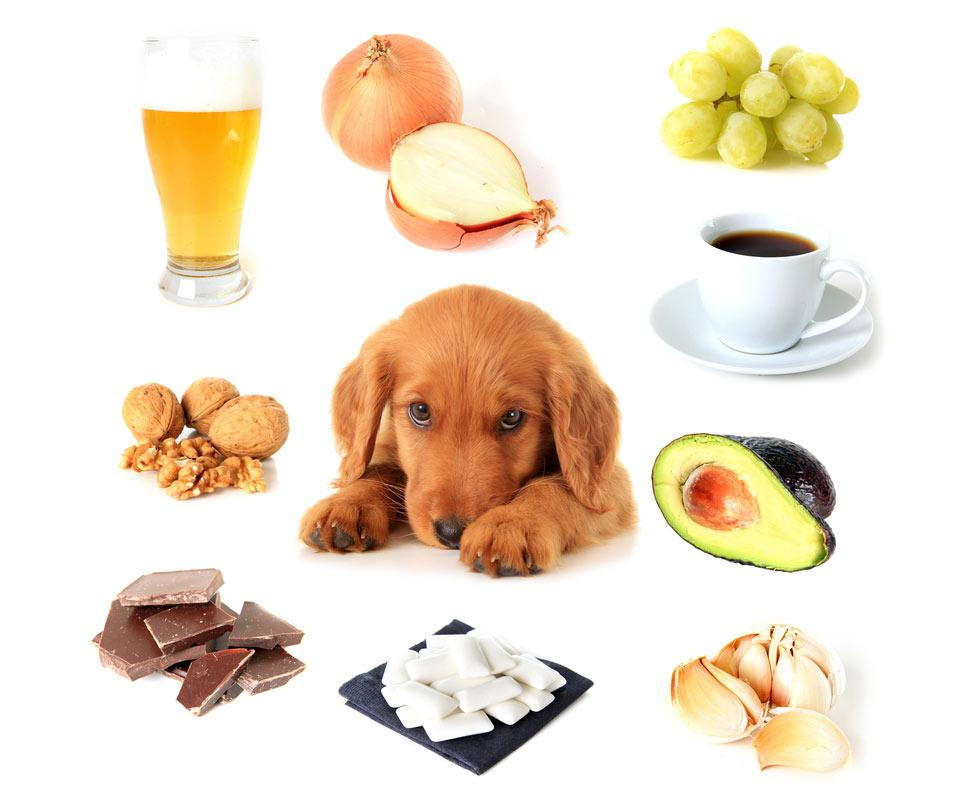Dangerous Household Items that Can Poison Your Pet
Our pets are like family members, and just like children, they often explore their surroundings by putting things in their mouths. While most pet owners are careful about keeping their furry friends away from obvious dangers, there are several common household items that can pose a serious danger to your pet’s health and well-being. In this article, we will discuss some of the most dangerous household items that can poison your pet, and provide suggestions on how to keep your pet safe.

Poisonous Plants
Many indoor and outdoor plants can be toxic to pets if ingested. Some common examples include lilies, azaleas, tulips, and daffodils. These plants contain toxic substances that can cause vomiting, diarrhea, stomach discomfort, and even organ failure in pets. It is important to research the plants in your home and garden to ensure they are safe for your furry friends. If you suspect your pet has ingested a poisonous plant, contact your veterinarian immediately.

Cleaning Products
Household cleaning products, including bleach, disinfectants, and drain cleaners, can be incredibly hazardous to pets. These products often contain chemicals that can cause burns, respiratory problems, and gastrointestinal issues if ingested or inhaled. Always store cleaning products securely in a locked cabinet, away from your pet’s reach. When using cleaning products, make sure your pet is in a safe and well-ventilated area to avoid accidental exposure.

Medications
Human medications, such as painkillers, antidepressants, and cold medicines, can be toxic to pets. Dogs are particularly prone to ingesting pills that are left within their reach. Keep all medications in a closed, pet-proof cabinet to prevent accidental ingestion. If your pet does manage to consume any medication, contact your veterinarian immediately. They can determine the appropriate treatment and help prevent any serious complications.

Chocolate
Most pet owners are aware that chocolate is toxic to dogs and cats, but it’s still worth reiterating. Chocolate contains theobromine and caffeine, which can cause various symptoms in pets, including vomiting, diarrhea, rapid breathing, and even seizures. The darker the chocolate, the more dangerous it is for pets. Make sure to store all chocolate and chocolate-containing products where your pets cannot access them, and inform your family and guests about the dangers of feeding chocolate to your furry friends.

Household Plants
In addition to outdoor plants, several common household plants can be toxic to pets. Examples include aloe vera, philodendron, pothos, and peace lilies. These plants can cause gastrointestinal upset, skin irritation, and even organ damage if ingested by pets. Research the plants within your home and remove any that may be toxic. Consider replacing them with pet-friendly alternatives, such as spider plants or Boston ferns.
Frequently Asked Questions
1. What should I do if my pet ingests something toxic?
If you suspect your pet has ingested something toxic, contact your veterinarian immediately. They will guide you on how to proceed based on the specific situation. Do not induce vomiting or try to treat your pet without professional advice, as some substances can be more harmful if regurgitated.
2. Can I induce vomiting in my pet if they ingested something toxic?
Do not induce vomiting in your pet without consulting your veterinarian first. While it can be an appropriate course of action in some cases, it can also be dangerous depending on the substance ingested.
3. How can I prevent my pet from accessing dangerous household items?
To prevent your pet from accessing dangerous household items, store them securely in closed cabinets or drawers that are out of your pet’s reach. Use child-proof locks if necessary. Additionally, pet-proof your home by removing or securing toxic plants, and keep all medications and cleaning products stored safely.
4. Are there any natural pet-safe alternatives to cleaning products?
Yes, there are several natural alternatives to household cleaning products, such as vinegar, baking soda, and lemon juice. These items are generally safe for pets and can be effective in cleaning and disinfecting your home. However, always do your research and ensure the alternative products you choose are truly pet-safe.
5. Can I use pet-friendly insecticides and pesticides?
There are pet-friendly insecticides and pesticides available that are specifically formulated to be safe for pets. When using any pest control products, carefully read the labels and follow the instructions provided. If you have any doubts, consult with a professional exterminator or your veterinarian for guidance on pet-safe options.
By being aware of these dangerous household items, pet owners can take the necessary precautions to ensure their furry friends stay safe and healthy. Remember, if your pet ingests something toxic, always contact your veterinarian for immediate assistance.

